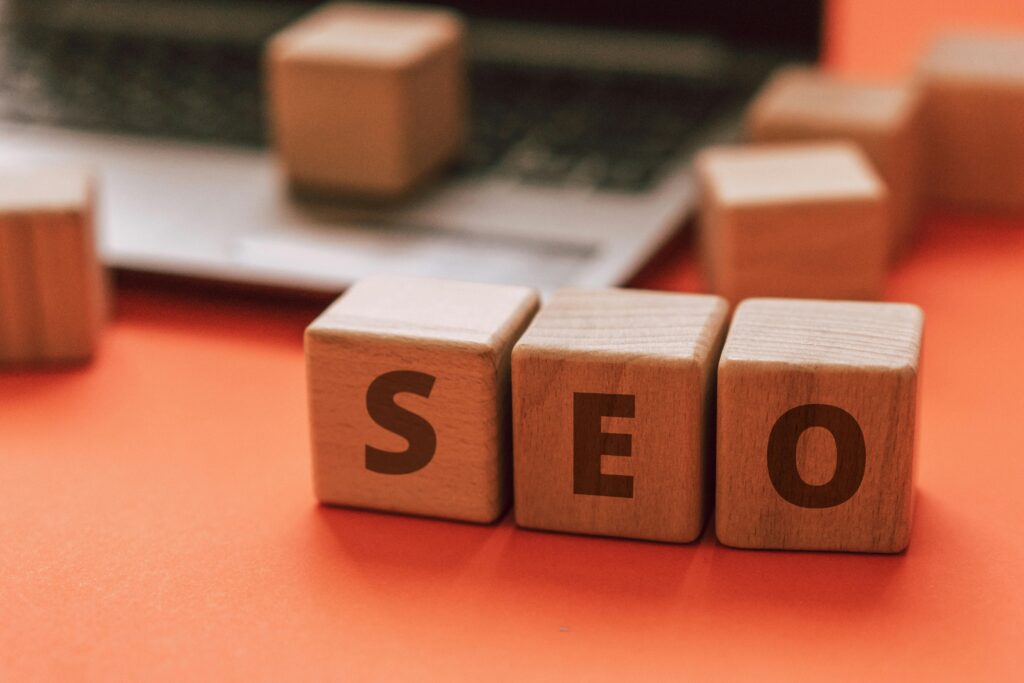What is Digital Marketing?
Digital marketing is a broad term that encompasses various online marketing strategies aimed at promoting a product or service. It integrates traditional marketing techniques with modern technology to help businesses communicate with their audience in a more personalized and effective way. Whether it’s search engine optimization (SEO), content marketing, social media marketing, or email campaigns, digital marketing plays an essential role in increasing visibility and engagement for businesses of all sizes.

The Basics of Digital Marketing
Understanding the basics of digital marketing is crucial for businesses looking to expand their online presence. Below are some of the key components:
1. Search Engine Optimization (SEO)

SEO involves optimizing a website’s content and design to improve its ranking on search engine results pages (SERPs). The higher the website ranks, the greater the chances of attracting natural, unpaid traffic from users searching for relevant keywords.
It involves using keywords, optimizing on-page elements like title tags and meta descriptions, and building backlinks to improve site authority.Content marketing focuses on creating valuable and relevant content that attracts and engages the target audience. This content can take the form of blog posts, videos, podcasts, infographics, eBooks, or social media updates. A well-crafted content marketing strategy helps build brand authority and trust among consumers.
2. Content Marketing
Content marketing is all about crafting meaningful and insightful content that resonates with your target audience, capturing their interest and encouraging ongoing engagement.. This content can take the form of blog posts, videos, podcasts, infographics, eBooks, or social media updates. A well-crafted content marketing strategy helps build brand authority and trust among consumers.
3. Social Media Marketing
Social media marketing leverages platforms such as Facebook, Instagram, Twitter, and LinkedIn to connect with audiences, build brand awareness, and promote products or services through engaging content and targeted campaigns.It’s about creating engaging posts, ads, and campaigns that resonate with your audience. Social media marketing helps businesses connect with customers directly, fostering loyalty and brand recognition.
4. Pay-Per-Click Advertising (PPC)
PPC (Pay-Per-Click) is a paid advertising strategy where businesses incur a cost each time their ad is clicked. Popular platforms like Google Ads and Facebook Ads offer businesses the ability to target precise keywords and specific audiences, delivering fast, measurable results.
5. Email Marketing
Email marketing continues to be a powerful tool for building relationships with customers and nurturing leads, offering personalized communication that keeps your audience engaged and informed.It involves sending personalized messages to a segmented email list to promote products, offer discounts, or share company updates. A well-executed email marketing campaign can generate high returns on investment (ROI).
6. Affiliate Marketing
Affiliate marketing is a results-driven approach where businesses collaborate with influencers or other brands to promote their products. Affiliates earn commissions for driving sales through their marketing efforts, helping businesses reach new audiences and extend their marketing efforts, helping businesses reach new audiences and extend their market presence.
7. Influencer Marketing
Influencer marketing capitalizes on the credibility and reach of influencers to promote a brand. With strong relationships and trust built with their followers, influencers’ endorsements hold significant value. This strategy is especially powerful in connecting with younger, digital-native audiences.
Who Needs Digital Marketing Services?

Digital marketing is a powerful tool that can drive growth, visibility, and engagement for businesses across all sectors. Regardless of size or industry, every organization stands to gain from the strategic use of digital marketing.
Small and Medium-Sized Businesses (SMBs)
SMBs may have limited marketing budgets but can still use digital marketing to reach a broad audience cost-effectively. By investing in SEO, social media marketing, and content creation, SMBs can boost their visibility and compete with larger companies in their niche.
E-commerce Businesses
E-commerce businesses rely heavily on digital marketing to drive traffic to their websites and convert visitors into customers. With strategies like PPC, SEO, and email marketing, e-commerce brands can create personalized shopping experiences and improve customer retention.
Local Businesses
Even local businesses can benefit from digital marketing. Local SEO, Google My Business optimization, and geo-targeted ads are great ways for brick-and-mortar stores to attract nearby customers and improve foot traffic.
Enterprises
Large enterprises with vast product offerings can use digital marketing to manage their global presence. SEO, content marketing, and paid advertising help enterprises target different markets and maintain customer engagement.
